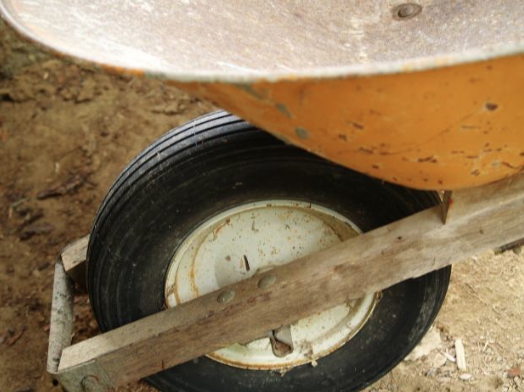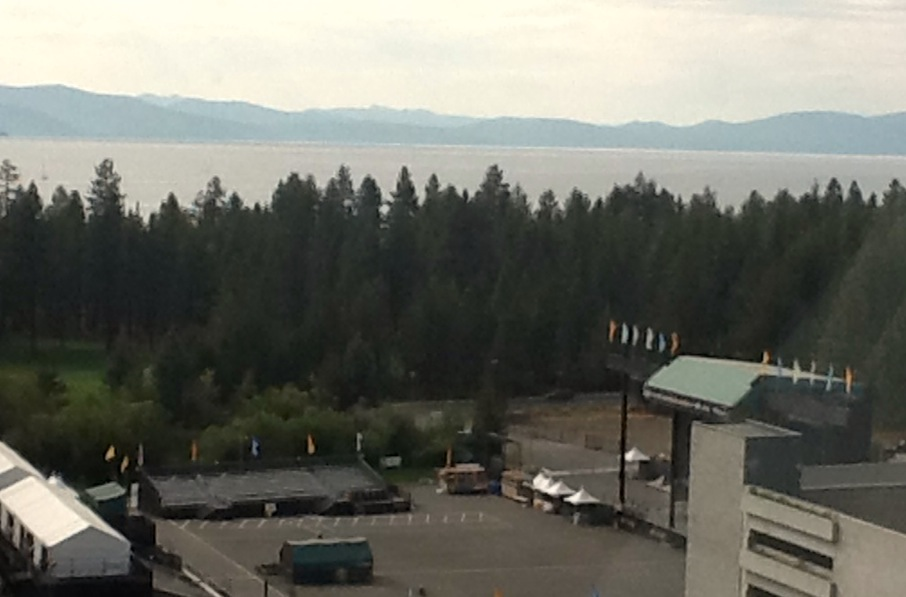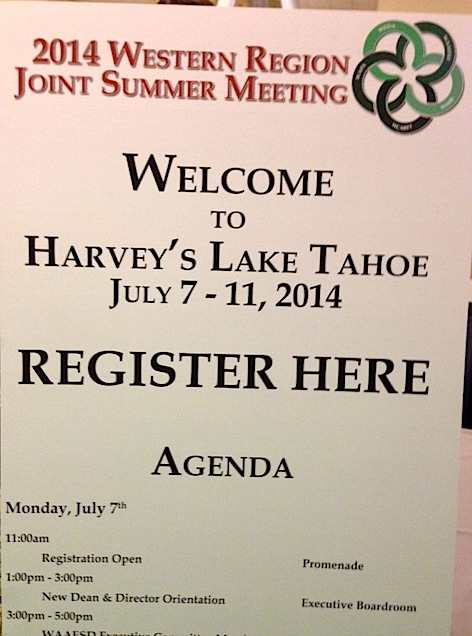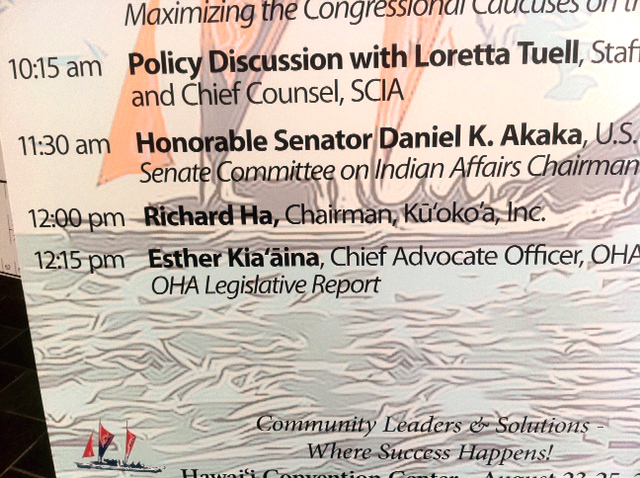Richard Ha writes:
I reread some of my posts about my Uncle Sonny Kamahele recently. The most important things I learned about farming, I learned from him down at Maku‘u. I thought I’d revisit some of that here.
***
Science is great, but there are kids now that go to the supermarket and think that’s where food comes from.
For me, it all goes back to Uncle Sonny and all the layers of technology that have cropped up since then.
When I first thought about farming, I spent hours and hours talking to Uncle Sonny Kamahele down the beach at Maku‘u.
I’ve written about Uncle Sonny here and here. He was my Pop’s cousin, and I learned the basic principles of farming from him.
I had just graduated from UH Manoa with an accounting degree. I had cost benefit volume analysis and market share on my mind.
Uncle Sonny drove to town once a week. He did not have electricity or running water, but he always had a stack of U.S. News & World Reports with the current copy on top. He made his living farming watermelon by himself.
One day he told me that he needed to open up a new plot of land because he could not stay at the same place for too long; he didn’t want to get a virus or a wilt of some sort.
Over the days and weeks, I watched him cut grass in the new plot with a sickle and pull it into a roll, and then cart the grass out of his plot in a wheelbarrow. When he wasn’t doing that, he would take a hoe and remove the roots of the grass, because he knew that otherwise it would regrow.
The other types of weed were dormant seeds of broad-leaved weeds that would germinate and pop up. Uncle Sonny would remove these with a hoe, only on dry days, without disturbing too much of the soil. After awhile the seeds would stop germinating.
Uncle Sonny knew that certain weeds could continuously regrow if the roots were not removed, and that others only grew from seed. I noticed that, after awhile, hardly any weeds grew in the new plot, and I thought about how amazing that was.
The lessons I learned from Uncle Sonny? Know what your problem is. Also: no waste time.
My grandma Leihulu lived with us for several years as I was growing up in Waiakea Uka. She grew taro and made poi, and she did the same things as Uncle Sonny. She always had a stack of California grass smoldering, even when it was raining – they were weeds she’d removed the same way he did. It was second nature to her. It was just her lifestyle.
Whenever I see a plot of ground that’s clean like that, it’s pretty obvious to me that they did that with a hoe, and that that is somebody that knows what they’re doing.
As Uncle Sonny got older, he started using pesticides, but because they cost money he was very very careful with them. It saves that part where you have to go and hoe the weeds out and go and pull the seeds out. It saved him a lot of time. It wasn’t very many years later that he started to use Roundup.
When I started farming, we were using skull & crossbones types of poisons like Paraquat. When we switched to Roundup, we didn’t have to use that anymore. It made spraying herbicides so much safer for the farmer.
When you use a chemical like Roundup in conjunction with a 100-hp tractor, you can do 1000 times more than one human can do. That means you can produce that much more food. But now that herbicides kill everything, you start losing that knowledge; you don’t have to know what the old guys knew.
When Uncle Sonny used herbicides, he always stuck the leaf into it and saw if it worked. If not, he’d add a little more.
He followed the instructions, but he never relied on the instructions for the final result. He knew the formula, but he checked to make sure the result was what he wanted. It showed me that he knew what he was doing. He knew why that particular spreader was in there, and checked the proportions for sure. Not that he doubted, but if he wanted it to work very well, he’d check it himself.
I haven’t seen anybody, not anybody, do that. But I think it was common knowledge with the old folks.
We are so far removed from our food now that we don’t really have a connection with why we’re doing what we’re doing. But we need the basic knowledge. You’ve got to know why you’re doing what you are doing.
More about Uncle Sonny:





